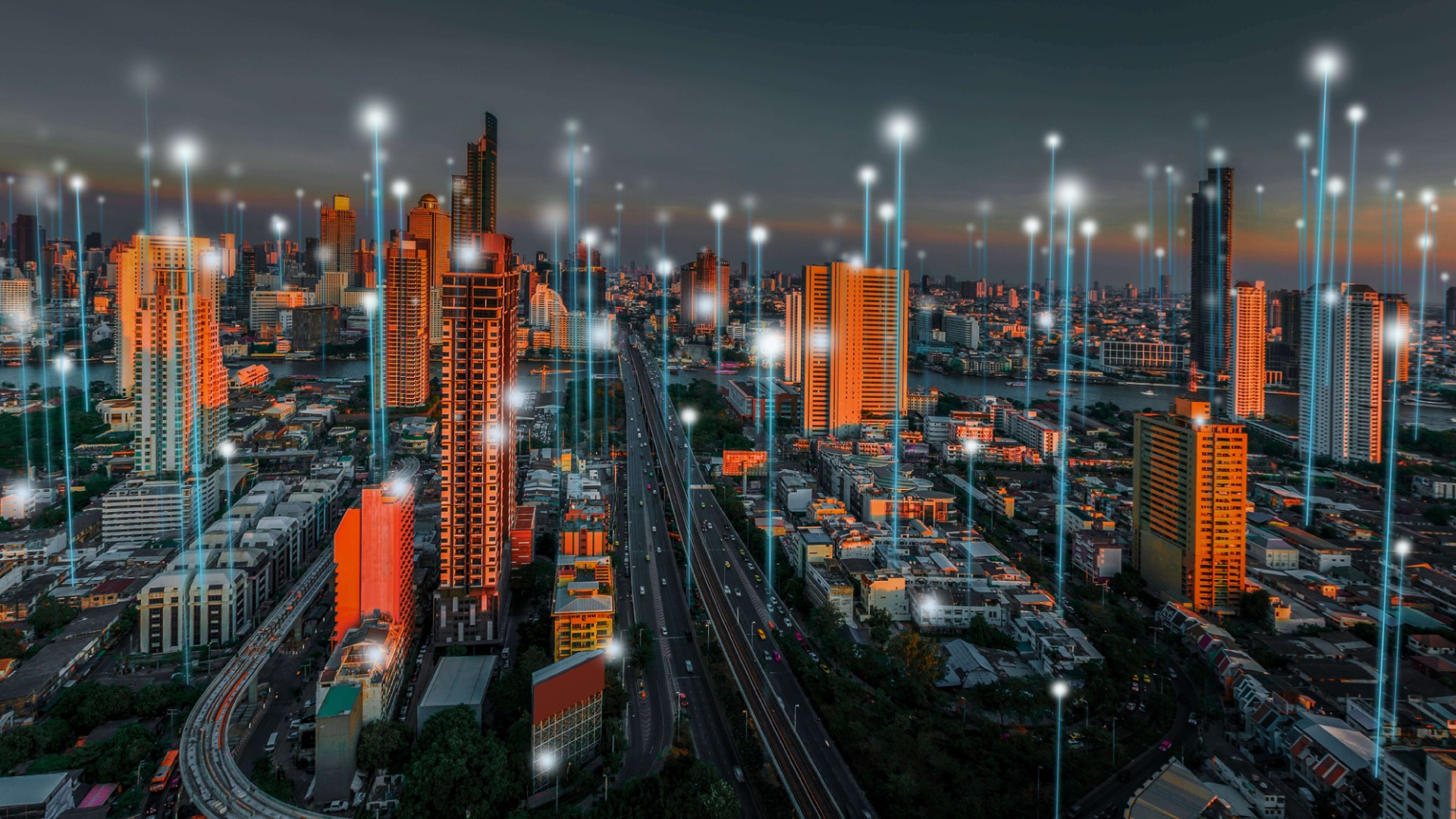Market Overview: Technologies For Grid-Interactive Buildings

Ben Hext

Susan Clarke
Access this research
Access all Built Environment Energy & Decarbonization content with a strategic subscription or buy this single report
Need help or have a question about this report? Contact us for assistance
Executive Summary
Commercial buildings are starting to transition from passive power consumers to using energy more flexibly and producing their supply, helping the power system balance demand and supply. This report provides an overview of the emerging market for technologies that enable buildings to interact with the power grid by reducing or shifting consumption and generating or storing electricity. Based on our interviews with experts across the smart building and energy technology sectors, the research identifies five avenues for buildings to achieve grid interactivity. The analysis finds firms can get started with their journey straight away, using manual interventions and existing control systems, but should explore innovations across IoT and on-site generation. Corporate facility executives should use this report to understand the future of energy management and revise energy strategies in an era of net-zero carbon targets.Buildings Are Becoming More Active Participants In A Changing Power System
Decarbonizing Buildings Will Rely On A Closer Interaction With The Grid
Grid-Interactive Buildings: A New Vision For Energy Management
Smarter Electricity Usage And Generation Set To Benefit All Participants Of The Global Power System
Innovative Technologies For Grid Interactivity Cover Electricity Generation, Storage, Management And Consumption
The Five Avenues For Achieving Grid Interactivity For Buildings
It Is Not A Simple Path Towards Obtaining Grid Interactivity
Innovative Funding Frameworks And Utility Incentives Help Firms On The Journey Towards Grid-Interactive Buildings
Figure 2. Benefits Of Grid-Interactive Buildings To Five Key Stakeholders
Figure 3. Key Building-Level Technologies To Enable Grid Interactivity
Figure 4. The Five Avenues For Achieving Grid Interactivity In A Facility
Figure 5. Power Flows Between Generators, Consumers And Prosumers To Form A Flexible Grid Landscape
About the Authors

Ben Hext
Industry Analyst
Ben is an Industry Analyst in the Verdantix Smart Buildings practice. His current agenda covers hardware and software solutions for energy management, on-site power ...

Susan Clarke
Research Director
Susan leads the Verdantix Smart Buildings practice. Her current research agenda focuses on software solutions for real estate management including integrated workplace managem...











